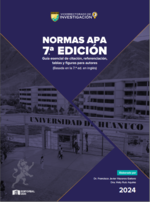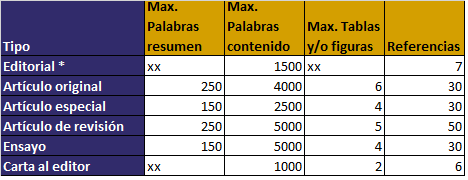Ithaca effect (The importance of the journey)
DOI:
https://doi.org/10.37711/desafios.2020.11.1.144Keywords:
Speed, goal, Ithaca, path, serendipityAbstract
This essay wants to make us think that due to the haste and speed of our time, and influenced by the will to quickly achieve our goals, one loses oneself of priceless jewels, great gifts of life; that unfortunately due to the acceleration in which we find ourselves, we ignore them or simply do not see them, thus dismissing the secondary roads, the other roads, the alternative ones with their unexpected gifts and this being the spirit of our time; That is why I intend under the name of Ithaca effect to give an alternative and under the superb influence of poetics and with the epiphany of the homonymous poem Ithaca by Konstantinos Kavafis, to reflect on the value of the path in the future of our lives, and that in the end they would be those that would enrich our interiorities, that is to say our inner cities or contents and above all learning not to give an exaggerated importance to the goals, in favor of alternative paths and their pleasant surprises, which fortunately of serendipities (unplanned lucky encounters) They can make us better people, of course if we are willing to travel these other paths, the best ones, the ones that magnify our goals.
Downloads
Downloads
Published
How to Cite
Issue
Section
License
Copyright (c) 2021 Desafios

This work is licensed under a Creative Commons Attribution 4.0 International License.
a. Los autores conservan los derechos de propiedad intelectual (copyright) de las obras publicadas, cediendole a la revista el derecho de primera publicación.
b. Los autores retienen sus derechos de marca y patente, y también sobre cualquier proceso o procedimiento descrito en el artículo.
c. Los autores retienen el derecho de compartir, copiar, distribuir, ejecutar y comunicar públicamente el artículo publicado en la RD (por ejemplo, colocarlo en un repositorio institucional o publicarlo en un libro), con un reconocimiento de su publicación inicial en la RD.
d. Los autores retienen el derecho a hacer una posterior publicación de su trabajo, de utilizar el artículo o cualquier parte de aquel (por ejemplo: una compilación de sus trabajos, notas para conferencias, tesis, o para un libro), siempre que indiquen la fuente de publicación (autores del trabajo, revista, volumen, número y fecha).
























